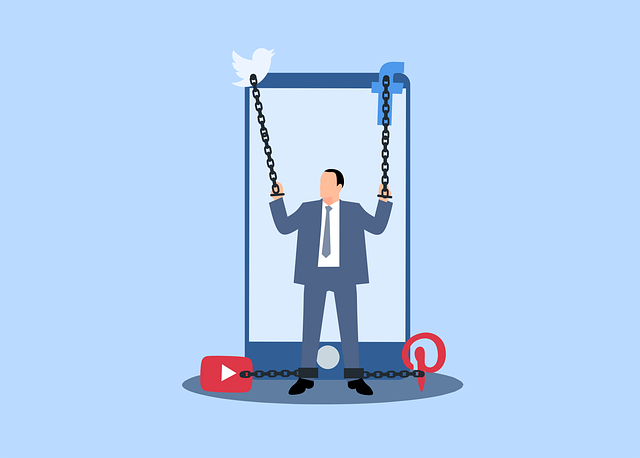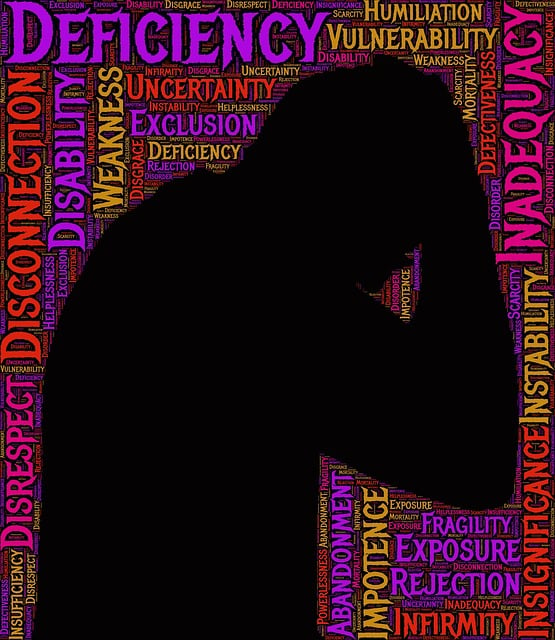Highlands Ranch Developmental Disability Therapy (HRDDT) employs a unique RFM framework—Resilience, Flexibility, and Mastery—to empower individuals with developmental disabilities in navigating life challenges. This holistic approach fosters adaptability, healthy coping mechanisms, and personal growth through evidence-based methods and personalized activity plans. By integrating these principles into therapy practices, HRDDT enhances culturally sensitive mental healthcare, preventing therapist burnout and offering transformative support. They tailor resilience-building exercises, focus on mindfulness, and promote self-esteem improvement to help clients face life's hurdles. Through diverse evaluation methods, HRDDT tracks progress and adapts its programs to foster resilience, agency, and empowerment, ultimately enhancing well-being and independence.
“In today’s challenging landscape, building resilience is paramount, especially for individuals with developmental disabilities. This article explores the Revolutionary Framework Method (RFM) and its potential to empower through Highlands Ranch developmental disability therapy. We delve into the foundational principles of RFM, highlighting its significance in fostering adaptability. By examining case studies from local therapy practices, we offer insights into designing tailored resilience-building exercises. Furthermore, we guide readers on implementing these strategies in daily life and provide metrics for evaluating the profound impact of RFM programs.”
- Understanding RFM: A Foundation for Resilience
- The Role of Developmental Disability Therapy in Highlands Ranch
- Designing Effective Resilience Building Exercises
- Implementing RFM Strategies in Everyday Life
- Measuring Success: Evaluating the Impact of RFM Programs
Understanding RFM: A Foundation for Resilience

At Highlands Ranch Developmental Disability Therapy, we recognize that building resilience is a cornerstone of mental well-being, especially in today’s fast-paced and often challenging world. RFM, or Resilience, Flexibility, and Mastery, is a framework designed to empower individuals with the tools necessary to navigate life’s twists and turns. This approach focuses on fostering adaptability, encouraging healthy coping mechanisms, and promoting personal growth.
Understanding RFM involves recognizing that resilience isn’t about avoiding crises but rather equipping ourselves to respond effectively when faced with adversity. By integrating these principles into therapy practices, we can enhance our ability to provide culturally sensitive mental healthcare (a key aspect often highlighted in the field), ensuring that guidance and support are tailored to individual needs. This is particularly relevant in crisis intervention scenarios, where quick and effective strategies can prevent burnout among healthcare providers while offering life-changing support for clients.
The Role of Developmental Disability Therapy in Highlands Ranch

Highlands Ranch Developmental Disability Therapy plays a pivotal role in fostering resilience and enhancing the lives of individuals with developmental disabilities. This specialized therapy goes beyond traditional approaches, incorporating tailored strategies to support emotional well-being promotion techniques for each client. The therapists in Highlands Ranch utilize evidence-based methods and personalized activity plans to build clients’ adaptive skills, ensuring they can navigate challenges effectively.
The therapy’s holistic design focuses on not just the individual but also their support network. Through mental health education programs, families and caregivers gain valuable insights into managing behaviors and promoting positive interactions. Additionally, risk assessment for mental health professionals is a key aspect, ensuring therapists are equipped to handle complex cases while maintaining a safe and supportive environment. This comprehensive approach is testament to Highlands Ranch Developmental Disability Therapy’s commitment to empowering individuals with the tools needed for personal growth and resilience in their daily lives.
Designing Effective Resilience Building Exercises

Designing Effective Resilience Building Exercises plays a pivotal role in Highlands Ranch Developmental Disability Therapy, aiming to empower individuals with strategies to navigate life’s challenges. The key lies in tailoring activities that address specific needs while fostering a sense of control and self-efficacy. Incorporating various elements like problem-solving tasks, stress management techniques, and social interaction simulations can significantly enhance coping skills development.
Highlands Ranch therapy programs should integrate creative approaches to promote Self-Esteem Improvement and Mental Illness Stigma Reduction Efforts. Engaging activities that encourage participants to set personal goals, celebrate achievements, and share experiences in a supportive environment contribute to building resilience. These exercises not only help individuals develop effective coping mechanisms but also foster a sense of community, which is vital for overcoming life’s hurdles with newfound confidence.
Implementing RFM Strategies in Everyday Life

Implementing RFM (Resilience, Flexibility, and Mindfulness) strategies in everyday life can significantly enhance one’s ability to navigate challenges, much like the diverse landscapes of Highlands Ranch Developmental Disability Therapy. These strategies are not confined to therapy sessions but can be integrated into daily routines to build inner strength and promote positive thinking. By cultivating mindfulness, individuals learn to stay present during stressful situations, allowing them to respond rather than react impulsively.
The concept of resilience is particularly valuable in managing life’s ups and downs. Similar to how a robust landscape endures the elements, so too can one’s mental fortitude withstand adversity. Through regular practice, individuals can develop effective stress management skills, enabling them to approach challenges with a calmer mind. Organizations like Stress Management Workshops encourage this by providing resources and workshops that teach practical techniques for building inner strength and fostering positive thinking, ultimately empowering individuals to thrive in various aspects of their lives.
Measuring Success: Evaluating the Impact of RFM Programs

Measuring success is a vital aspect of any therapy program, and this holds true for RFM (Resilience, Flexibility, and Mindfulness) exercises designed to enhance individuals’ resilience, especially those with developmental disabilities. At Highlands Ranch Developmental Disability Therapy, we employ various evaluation methods to assess the impact and effectiveness of our RFM programs. This includes tracking progress through regular assessments, self-care practice journals, and feedback from both clients and their support networks.
By integrating cultural sensitivity into our mental healthcare practice, we ensure that these evaluations are inclusive and tailored to each individual’s unique background. The goal is to foster not only resilience but also a sense of agency and empowerment. Through this comprehensive approach, we can accurately gauge the success of our programs, adapt practices as needed, and ultimately enhance the lives of those we support, promoting their overall well-being and independence.
Resilience is a powerful tool for personal growth, especially for individuals navigating developmental disabilities. By incorporating RFM (Resourceful Living Model) principles and exercises, as demonstrated through Highlands Ranch developmental disability therapy practices, we can significantly enhance our ability to cope with challenges. Effective resilience building involves tailoring strategies to individual needs, integrating them into daily routines, and tracking progress through evaluation metrics. Embracing these methods empowers folks to lead more fulfilling lives, fostering adaptability and a positive mindset in the face of adversity, right within their own communities, including Highlands Ranch.














